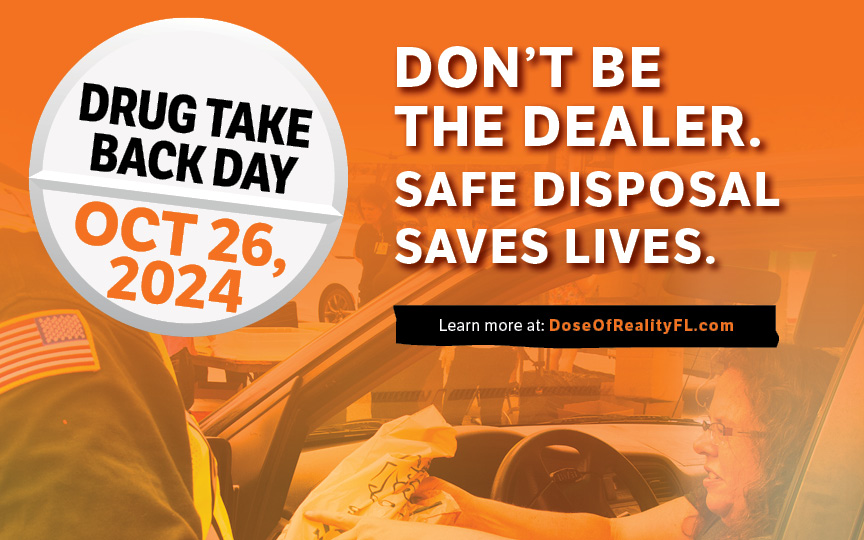In the first 6 months of 2023, 4,241 individuals died with one or more prescription drugs in their system.
Florida’s Non-Opioid Alternatives Law
According to Florida law, which is aimed at helping health care providers and patients, before administering anesthesia using a Schedule II controlled substance or prescribing or ordering a Schedule II controlled substance for pain treatment, a health care provider must talk to the patient about the risks of controlled substance abuse, and the advantages and disadvantages of nonopioid alternatives. During the discussion, the health care provider must give the patient or their representative, a printed Alternatives to Opioids pamphlet, created by the Florida Department of Health. The pamphlet may be downloaded and printed from office printers.
A health care provider is not required to discuss nonopioid alternatives or provide a printed copy of the pamphlet to a patient who is receiving a Schedule II controlled substance for pain treatment before critical care in a hospital or emergency department or when receiving hospice services (s. 400.6095). The law applies to non-emergency situations only. Health care providers can post Alternatives to Opioids on their websites.
For a health care provider checklist made by Florida’s Department of Health, click here.
What Can Prescribing Medical, Dental, and Pharmacy Providers do?
- Talk with patients about the dangers and risks of prescription painkillers, especially those that include opioids.
- Offer alternative prescription painkiller options (those that don’t include opioids) to patients.
- Make sure patients are aware of the high risk of misuse, especially among young people ages 12-25.
- Reinforce that patients should take medicine only if it has been prescribed for them by their doctor, physician, dentist, or prescribing medical professional.
- Reinforce that patients should take medication only as directed. They should never adjust the schedule or dosage on their own.
- Encourage patients to store prescription painkillers securely – ideally, locked in a cabinet or drawer.
- Dispose of unused, expired, or unwanted medication properly.
Resources for Prescribing Medical Providers
Learn more about the Florida Prescription Drug Monitoring Program (PDMP), also known as “E-FORCSE.” The Florida Department of Health administers the PDMP which provides a powerful clinical tool for prescribers and pharmacists to monitor their patients’ prescribed controlled substance history, make informed decisions, and reduce drug abuse within the state.
Get the facts on the dangers of prescription painkiller misuse and share them with your patients. Additionally, you can refer to the Florida Department of Health for more information on combatting the opioid crisis in Florida.
Share Drug Take Back locations near you and encourage patients to dispose of any expired or unwanted prescription painkillers.
- CDC Guideline for Prescribing Opioids for Chronic Pain
- CDC Advises Against Misapplication of the Guideline for Prescribing Opioids for Chronic Pain
- Learn more about Flip the Script, an opioid awareness campaign created for older adults, their caregivers, and their health care professionals
- To download Florida Department of Health’s office-printer friendly 8.5x11 pamphlet in English, click here. In Spanish, click here.
- To download Florida Department of Health’s office-printer friendly 11x17 poster in English, click here. In Spanish, click here.
Materials
Download and post or distribute the free Dose of Reality informational and educational materials for medical, dental, and pharmaceutical communities, designed for you to use in communicating with your patients.
